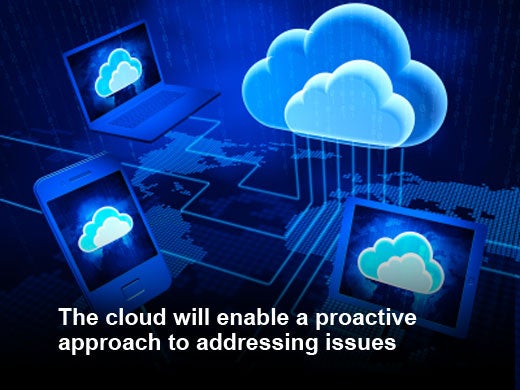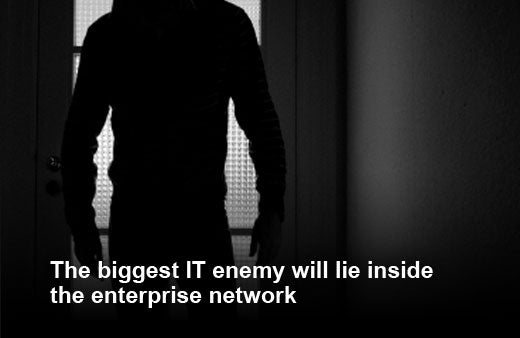Promisec, a leading provider of actionable endpoint management solutions, recently identified the biggest issues enterprise IT managers will face in 2013 and beyond. While many projects were delayed due to the continued challenging economic climate in 2012, Promisec anticipates IT spending will be on the rise as companies brace themselves for new cloud and mobile offerings. In fact, according to a leading research firm, worldwide IT spending will likely exceed $2.1 trillion in 2013, up 5.7 percent from 2012.
Against this backdrop and from the company’s unique vantage point, CEO Dan Ross has identified four trends that will shape the market in 2013.
Click through for key IT market trends for 2013, as identified by Promisec.
In 2012, many companies were still very reactionary when it came to regulatory issues, compliance, and security concerns. In 2013, IT departments will be more proactive as the regulatory landscape becomes clearer and cloud solutions enable them to address and remediate violations easier, faster and less expensively than before.
BYOD has been a hot topic for years, and most IT organizations have now come to the conclusion that it is inevitable. As a result, 2013 will be all about enforcing BYOD policies – not just for hardware, including smartphones, laptops and tablets, but also those that span business, security and personal requirements.
The ability for IT organizations to effectively monitor endpoints has improved dramatically. As such, the shift in the year ahead will be toward quickly acting on any vulnerabilities and threats that are uncovered before they impact performance or operations. Automation and remediation will both be critical in enabling this.
Networks are now well secured, so hackers have started to look elsewhere for opportunities. In 2013, they will move to the end user and this is where the biggest risks will be. This applies not just to the devices themselves, but also to the more robust set of applications end users demand and the sheer volume and value of data these devices now hold. As a result, robust endpoint management and security will be essential.







